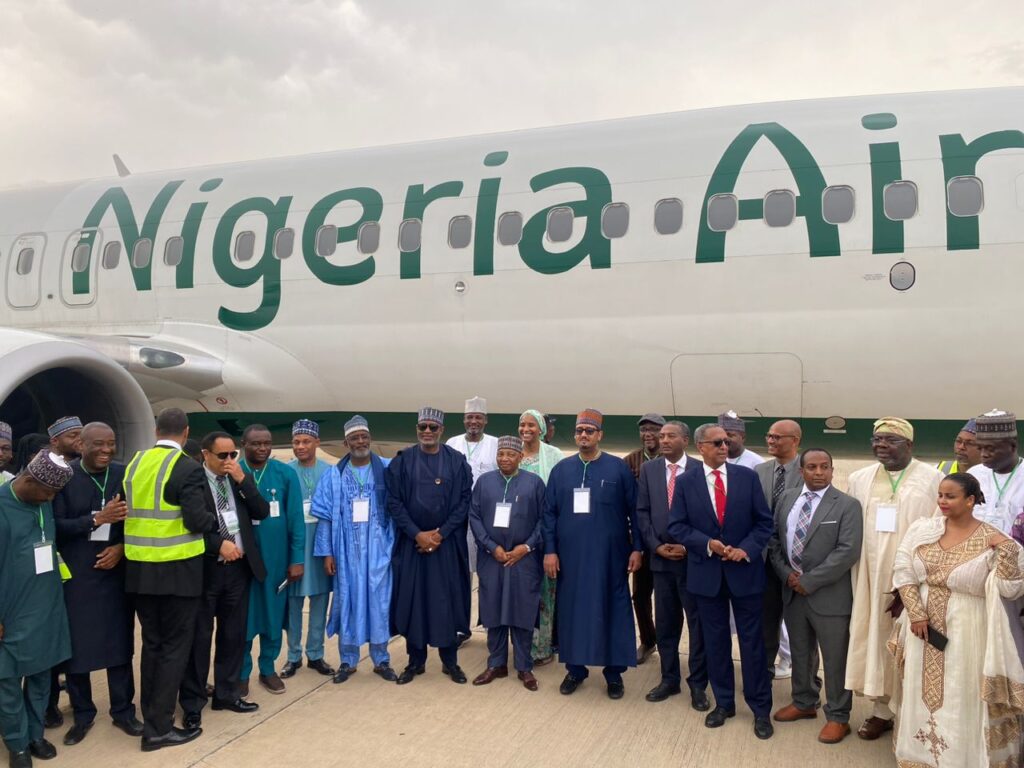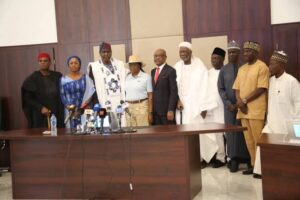The recent decision by Nigeria’s Accountant-General’s Office to hold a workshop for the 36 State Commissioners of Finance in London, England has ignited outrage in the media and revived discussions on the misuse and inefficient allocation of public funds in our nation. This move underscores the persistent issues undermining our country’s progress and exacerbating the hardships faced by ordinary Nigerians: Financial recklessness and fiscal irresponsibility.
While President Bola Tinubu’s imposition of a three-month ban on publicly funded overseas travel for all Federal Government officials and employees is a positive step, it only scratches the surface of a much deeper problem.
The decision to host the workshop in England by the Accountant-General of the Federation, Oluwatoyin Sakirat Madein, reflects insensitivity and a blatant disregard for fiscal responsibility. It not only contradicts the government’s purported commitment to curtailing wasteful expenditure but also reinforces the perception of an elitist and disconnected leadership, indifferent to the challenges faced by ordinary Nigerians.
At a time when Nigeria is grappling with inflation, currency devaluation, and a widening budget deficit, squandering taxpayer money on extravagant overseas events is utterly irresponsible. Resources earmarked for such purposes should be redirected to address pressing domestic needs in sectors like healthcare, education, infrastructure, and poverty alleviation.
Moreover, the decision raises questions about the necessity and efficacy of conducting workshops abroad. Nigeria boasts numerous highly qualified professionals and experts capable of providing required training and expertise. Outsourcing such activities undermines local expertise and neglects the wealth of knowledge and experience within the country’s borders, while also raising concerns about transparency and accountability in government procurement processes.
The misuse and inefficient allocation of public funds extend beyond foreign travel and workshops, permeating various sectors and levels of governance, hindering the country’s progress and worsening the hardships faced by its citizens.
Corruption remains a significant contributor to the misuse of public funds, diverting resources from essential services and infrastructure. Issues like ghost workers, inefficient bureaucracy, unsustainable subsidies, inflated contracts, and abandoned projects further exacerbate financial losses and inefficiencies.
Governments at all levels must address these deep-rooted issues to restore public confidence in democracy and public fund management. Beyond symbolic gestures, comprehensive reforms are necessary to tackle corruption, streamline bureaucratic processes, and promote transparency and accountability.
The commitment of the Bola Tinubu Administration to implement the Orosanye Report on civil service restructuring and waste reduction is a positive step towards enhancing efficiency in public spending. This initiative, if executed effectively, could yield significant savings and redirect resources towards productive endeavors benefiting all Nigerians.
Nigeria requires decisive action to address these perennial issues, restore public confidence, and ensure public resources are utilized for the betterment of all citizens, rather than indulging in graft, extravagance, and elitism.










More Stories
Bringing Life to Ajaokuta Steel Company
Reconsidering the cybersecurity levy
Tinubunomics: what’s working, what’s not, why and way forward